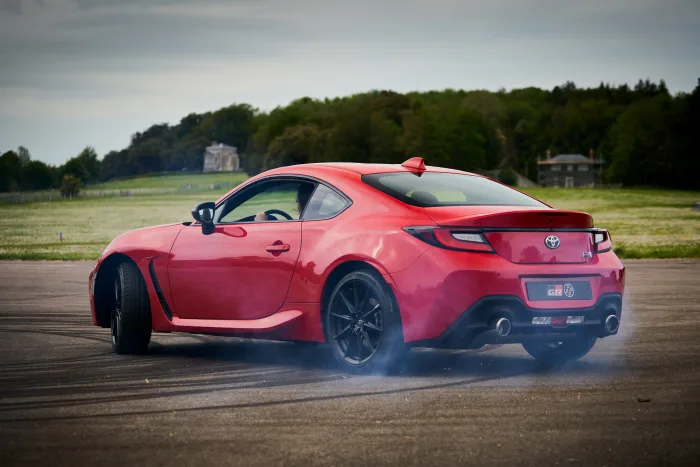Subaru and Toyota Face Class-Action Lawsuit Over Alleged Engine Failures in BRZ and GR86 Models
Subaru and Toyota, the manufacturers of the popular BRZ and GR86 sports cars, are under legal scrutiny as a class-action lawsuit alleges premature engine failures in these models. The focus of the case lies on the boxer engines shared by the vehicles, which are said to suffer from oil starvation and pressure problems.
Joint Venture Under Fire
The BRZ and GR86, born from a collaboration between the two automakers, share numerous components, including the four-cylinder boxer engine at the heart of the lawsuit. While aesthetic differences set the cars apart, their core mechanical similarities are now under intense examination.
Details of the Lawsuit
Filed in July 2024 in the U.S. District Court for the District of New Jersey, the lawsuit accuses both companies of knowingly selling vehicles with engines susceptible to failure. The case covers both first-generation and current models, including the 2.0-liter and 2.4-liter boxer engines.
One significant point raised is the use of room temperature vulcanizing (RTV) silicone gaskets in the engine assembly. Unlike conventional gaskets, RTV can become brittle under heat, with fragments allegedly breaking off to clog oil and coolant passages. This, the lawsuit claims, leads to oil starvation and eventual engine failure.
A key plaintiff, Laura Young, experienced engine failure in her 2019 Toyota 86 at 64,000 miles—just beyond the standard 60,000-mile warranty. She and others involved are demanding $5 million in damages and extended warranties for affected vehicles.
Years and Models Affected
- Scion FR-S (Toyota’s predecessor): 2013–2016
- Toyota 86/GR86: 2017–2023
- Subaru BRZ: 2013–2023
Automaker Responses
Both Subaru and Toyota deny that RTV gaskets are to blame for the reported engine failures. Despite these denials, customer dissatisfaction has grown, with many calling for recalls and improved warranty coverage.
Neither company has yet announced how they plan to address the issue should the court rule in favor of the plaintiffs. The case could lead to significant implications for both automakers, as affected owners demand accountability and resolution.
